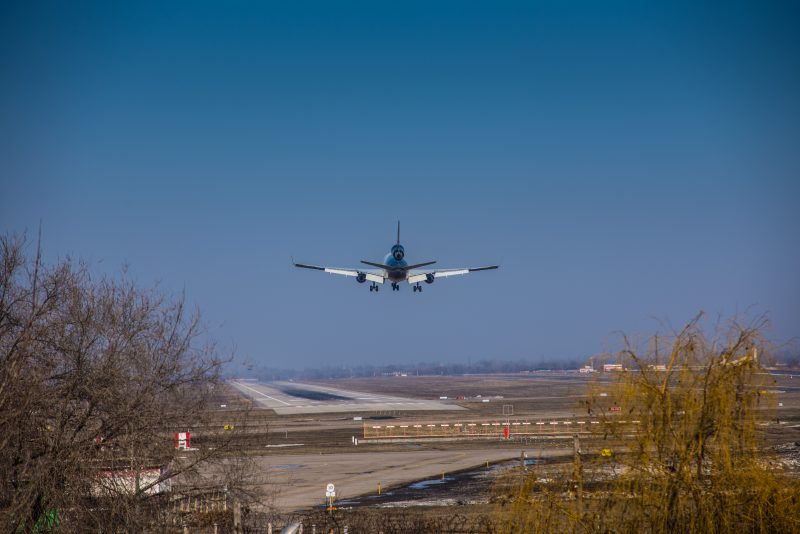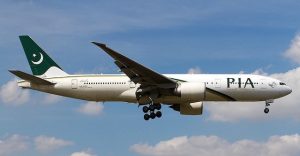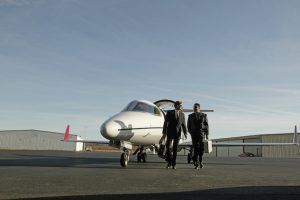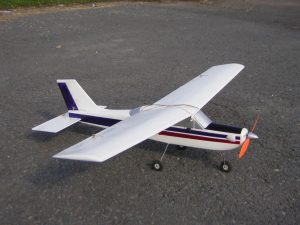Human Factors Affecting Flight Operations

The aviation industry is one of the most complex and safety-critical sectors in the world. To ensure safe and efficient operations, it is imperative to consider various human factors that influence flight operations. The Multi-Crew Cooperation (MCC) course is a crucial part of pilot training, focusing on these human factors to enhance teamwork, communication, decision-making, and overall performance in the cockpit. This article delves into the human factors taught in the MCC course and their significance in flight operations.
Communication
Effective communication is the cornerstone of successful flight operations. In the MCC course, pilots learn the importance of clear, concise, and unambiguous communication. Miscommunication can lead to misunderstandings, errors, and potentially catastrophic outcomes. The course emphasizes standardized phraseology and protocols, ensuring that all crew members have a common understanding of instructions and information.
Non-verbal communication also plays a vital role in the cockpit. Pilots are trained to recognize and interpret body language, facial expressions, and other non-verbal cues. This skill is essential for understanding the emotional and mental state of fellow crew members, which can affect their performance and decision-making abilities.
Teamwork and cooperation
The MCC course places a strong emphasis on teamwork and cooperation. Pilots must work seamlessly with their co-pilots, flight attendants, air traffic controllers, and ground staff. The course teaches pilots how to build trust, respect, and mutual support within the team. Effective teamwork enhances situational awareness, reduces workload, and improves overall safety.
One of the critical aspects of teamwork is the concept of Crew Resource Management (CRM). CRM involves the efficient use of all available resources, including human, hardware, and information, to ensure safe and efficient flight operations. The MCC course provides extensive training on CRM principles, including delegation of tasks, effective communication, conflict resolution, and decision-making.
Situational awareness
Situational awareness is the ability to perceive, understand, and predict the current and future status of the flight environment. It is a crucial skill for pilots to maintain safe operations. The MCC course teaches pilots how to gather and process information from various sources, such as instruments, communication systems, and visual cues.
Pilots learn to develop and maintain a mental model of the flight situation, including the aircraft’s position, altitude, speed, and trajectory. They are trained to continuously update this mental model based on new information and anticipate potential threats and challenges. Maintaining situational awareness helps pilots make informed decisions, avoid hazards, and respond effectively to emergencies.
Decision-making
Decision-making is a critical aspect of flight operations, especially in complex and high-stress situations. The MCC course provides pilots with the tools and techniques to make sound decisions under pressure. Pilots learn to apply systematic decision-making processes, such as the OODA loop (Observe, Orient, Decide, Act) and the DECIDE model (Detect, Estimate, Choose, Identify, Do, Evaluate).
The course emphasizes the importance of considering multiple options, assessing risks and benefits, and seeking input from other crew members. Pilots are trained to balance analytical and intuitive decision-making, depending on the situation. Effective decision-making enhances safety, efficiency, and overall flight performance.
Stress and fatigue management
Stress and fatigue are significant human factors that can impact flight operations. The MCC course teaches pilots how to recognize the signs of stress and fatigue in themselves and others. They learn strategies to manage and mitigate these factors, ensuring optimal performance and safety.
Stress can arise from various sources, such as workload, time pressure, and personal issues. The course provides techniques for managing stress, including relaxation exercises, time management, and effective communication. Pilots also learn the importance of maintaining a healthy work-life balance and seeking support when needed.
Fatigue is a common issue in the aviation industry, particularly due to long working hours, irregular schedules, and time zone changes. The MCC course emphasizes the importance of adequate rest and sleep hygiene. Pilots are trained to recognize the signs of fatigue, such as reduced alertness, impaired judgment, and slower reaction times. They learn strategies to mitigate fatigue, such as taking regular breaks, staying hydrated, and managing their sleep environment.
Error management
Human error is inevitable, but effective error management can prevent minor mistakes from escalating into major incidents. The MCC course teaches pilots how to identify, report, and manage errors. Pilots learn to create an environment where errors can be openly discussed and addressed without fear of blame or punishment.
The course emphasizes the importance of a proactive approach to error management, including the use of checklists, standard operating procedures (SOPs), and continuous training. Pilots learn techniques for error detection and recovery, such as cross-checking, redundancy, and peer review. Effective error management enhances safety and helps build a culture of continuous improvement.
Leadership and followership
Leadership and followership are critical components of effective flight operations. The MCC course teaches pilots the skills required to lead and support their team effectively. Leadership involves setting a positive example, making informed decisions, and providing clear guidance. Followership involves supporting the leader, providing feedback, and taking initiative when needed.
The course emphasizes the importance of adaptable leadership styles, depending on the situation and team dynamics. Pilots learn to balance assertiveness and empathy, ensuring that all team members feel valued and heard. Effective leadership and followership enhance teamwork, communication, and overall performance in the cockpit.
Cultural awareness
Cultural differences can significantly impact communication, teamwork, and decision-making in the cockpit. The MCC course provides training on cultural awareness and sensitivity. Pilots learn to recognize and respect cultural differences, avoiding misunderstandings and conflicts.
The course emphasizes the importance of open-mindedness, empathy, and adaptability. Pilots learn techniques for effective cross-cultural communication, such as active listening, asking clarifying questions, and avoiding assumptions. Cultural awareness enhances teamwork, communication, and overall flight performance in a multicultural environment.
Mental health and well-being
The mental health and well-being of pilots are critical factors in ensuring safe and efficient flight operations. The MCC course provides training on recognizing and managing mental health issues, such as anxiety, depression, and substance abuse. Pilots learn the importance of seeking help and support when needed and creating a supportive environment for their colleagues.
The course emphasizes the importance of self-care, stress management, and maintaining a healthy work-life balance. Pilots learn techniques for managing their mental health, such as mindfulness, relaxation exercises, and seeking professional help when needed. Maintaining mental health and well-being enhances overall performance, safety, and job satisfaction.
Automation and human-machine interaction
Automation has significantly transformed the aviation industry, enhancing efficiency and safety. However, it also presents challenges in terms of human-machine interaction. The MCC course provides training on effectively managing and interacting with automated systems.
Pilots learn to understand the capabilities and limitations of automation, including the importance of maintaining manual flying skills. The course emphasizes the importance of monitoring automated systems, recognizing anomalies, and intervening when necessary. Effective human-machine interaction enhances safety, efficiency, and overall flight performance.
Continuous learning and professional development
The aviation industry is constantly evolving, with new technologies, regulations, and best practices emerging regularly. The MCC course emphasizes the importance of continuous learning and professional development. Pilots learn the importance of staying updated with industry developments, seeking feedback, and engaging in ongoing training.
The course provides techniques for effective learning, such as self-reflection, seeking mentorship, and participating in professional organizations. Continuous learning enhances pilots’ skills, knowledge, and overall performance, contributing to safer and more efficient flight operations.
Conclusion
Human factors play a critical role in ensuring safe and efficient flight operations. The MCC course provides comprehensive training on these factors, emphasizing the importance of communication, teamwork, situational awareness, decision-making, stress and fatigue management, error management, leadership, cultural awareness, mental health, human-machine interaction, and continuous learning. By understanding and addressing these human factors, pilots can enhance their performance, contribute to a positive safety culture, and ensure the highest standards of aviation safety and efficiency.










